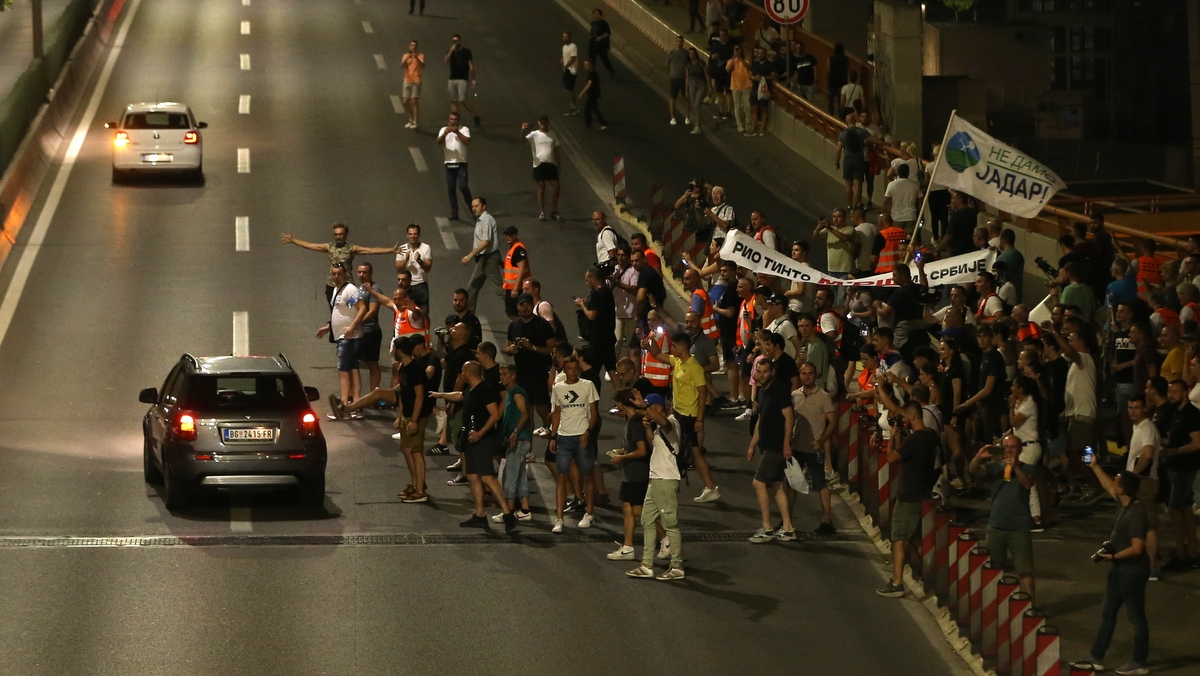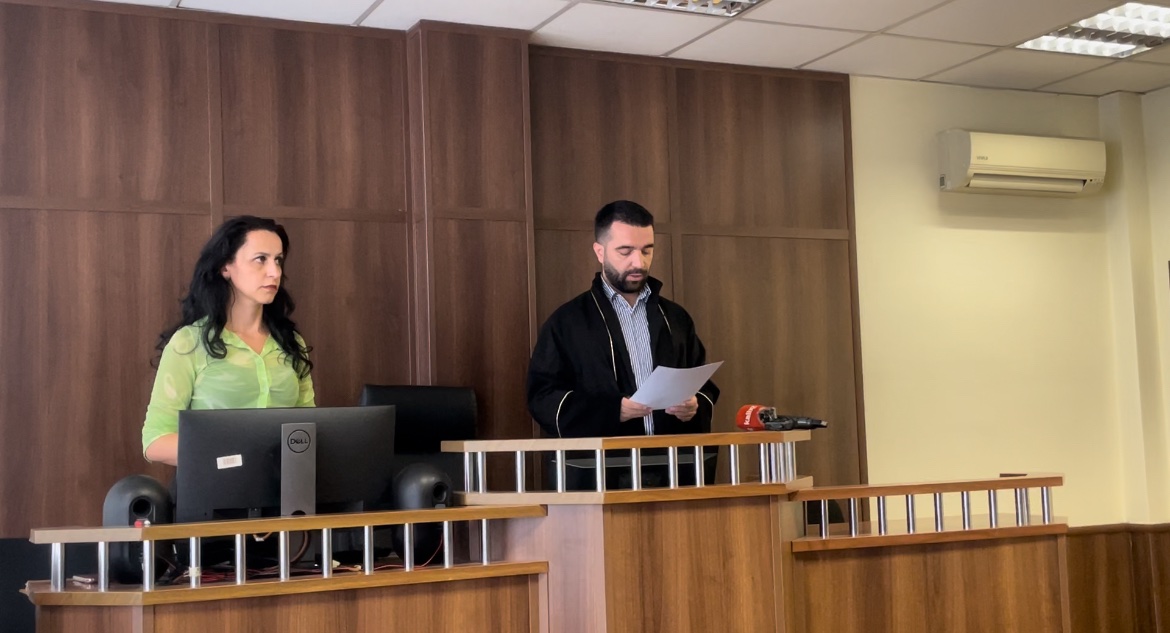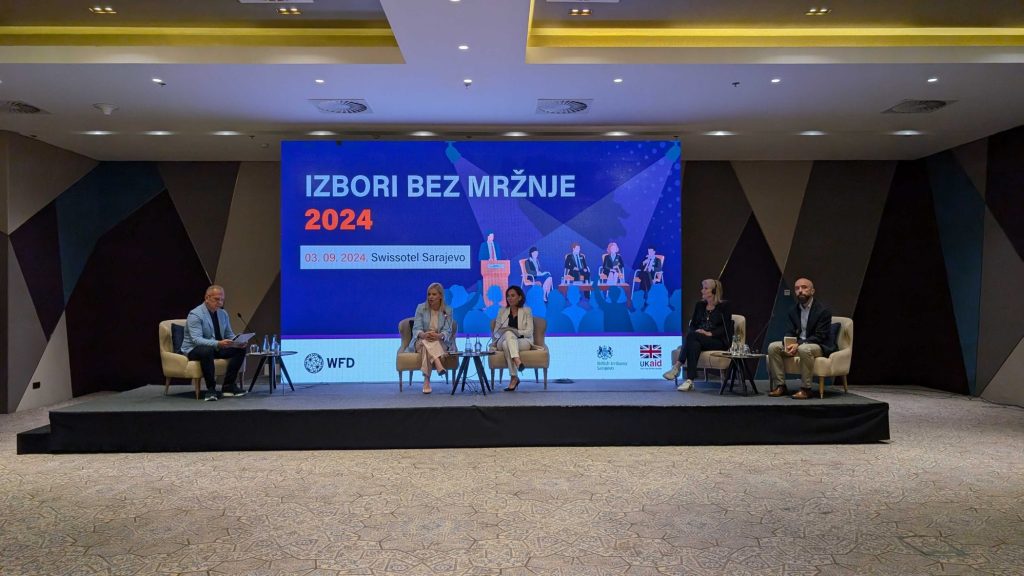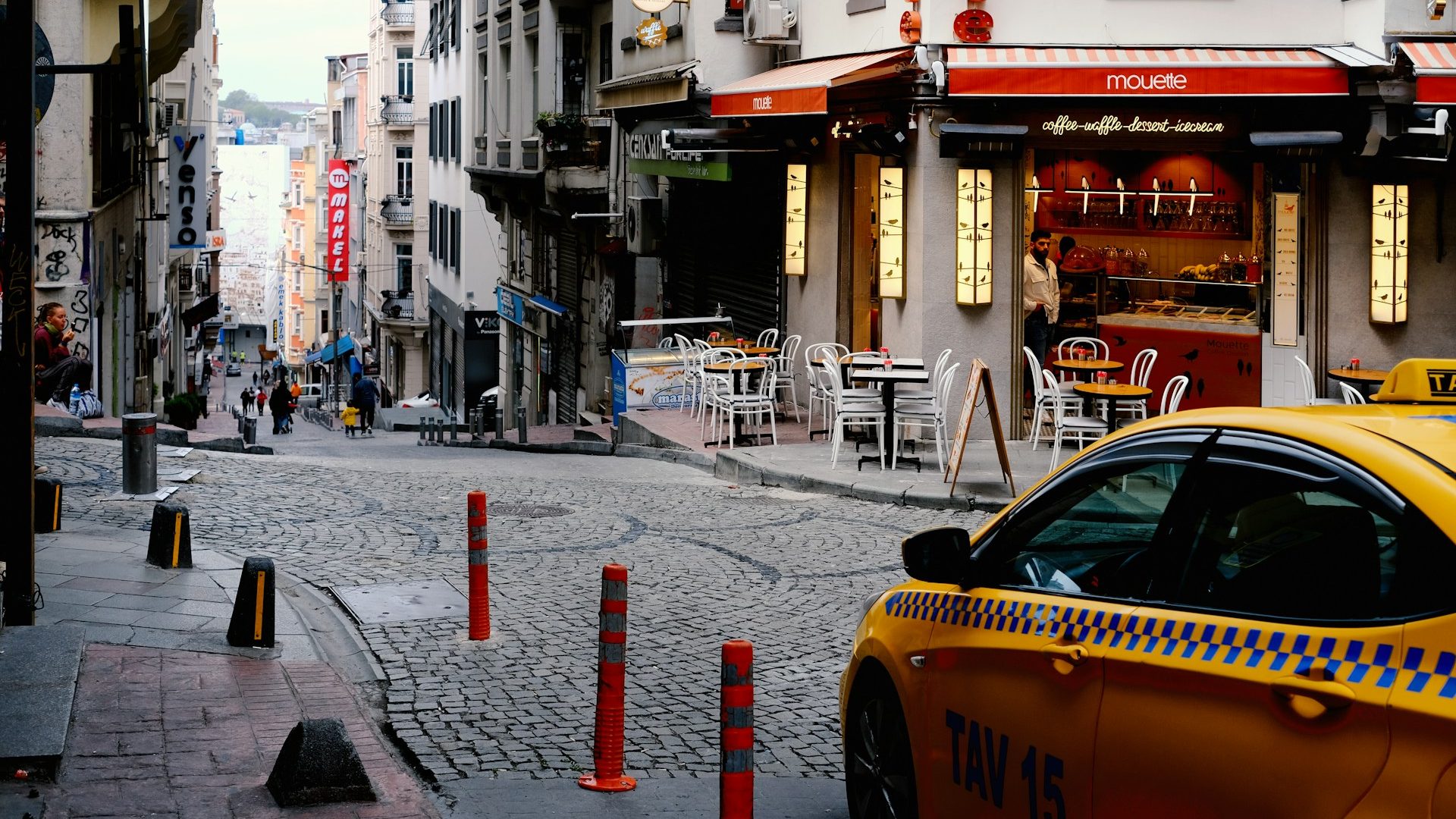
Illustration: Freepic.
The US Treasury Department’s Office of Foreign Assets Control, OFAC, on Monday sanctioned Felix Bitzios, beneficial owner of Intellexa Consortium, and five other people and one entity associated with it, for misuse of the illegal spyware Predator, which it described as a disruptive technology and a threat to US security.
“The United States will not tolerate the reckless propagation of disruptive technologies that threatens our national security and undermines the privacy and civil liberties of our citizens,” said the Acting Under Secretary of the Treasury for Terrorism and Financial Intelligence, Bradley T. Smith.
“We will continue to hold accountable those that seek to enable the proliferation of exploitative technologies, while also encouraging the responsible development of technologies that align with international standards,” he added.
Bitzios, beneficial owner of Intellexa Consortium, also acted as manager of Intellexa S.A., based in Greece, which has exported its surveillance tools to authoritarian regimes.
Andrea Nicola Constantino Hermes Gambazzi is beneficial owner of Thalestris Limited and Intellexa Limited, members of the consortium. Thalestris Limited holds the distribution rights to the Predator spyware and is the parent company to Intellexa S.A.
Merom Harpaz, an Intellexa Consortium executive, acted as a manager of Intellexa S.A.
Panagiota Karaoli is the director of multiple Intellexa Consortium entities that are controlled by or are subsidiaries of Thalestris Limited.
Artemis Artemiou (Artemiou) is the general manager and member of the board of Cytrox Holdings, a member of the Intellexa Consortium and an employee of Intellexa S.A.
All property and interests in property of the designated persons in the United States must be reported to OFAC. Any entities directly or indirectly owned by the designated persons are also blocked, OFAC said in a statement.
Financial institutions and persons that engage in transactions or activities with the sanctioned entities and individuals may expose themselves to sanctions or be subject to an enforcement action, it said.
Prohibited acts include providing funds, goods or services to the designated persons, or the receipt of any funds, goods, or services from them.
“Today’s action reaffirms the United States’ commitment to countering the exploitation of Americans’ sensitive data and digital authoritarianism, and aligns with a series of US Government actions to counter the proliferation and misuse of commercial spyware,” OFAC said.
In March, the US Treasury sanctioned two individuals and five companies associated with the Intellexa Spyware Consortium over “misuse of commercial surveillance tools, which increasingly present a security risk to the United States”.
Intellexa Limited and Thalestris Limited, both Ireland-based companies, and Cytrox Holdings Zartkoruen Mukodo Reszvenytarsasag, Cytrox Holdings ZRT, a Hungary-based entity, all within the Intellexa Consortium, were included in the sanctions list.
OFAC also designated Tal Jonathan Dilian, founder of Intellexa Consortium, and Sara Aleksandra Fayssal Hamou, an off-shoring specialist who has provided managerial services to the consortium, including renting office space in Greece on behalf of Intellexa S.A.
The wiretapping scandal, known as Predator Gate, or the Greek Watergate, which has occupied the Greek media since 2022, concerns the use of Predator to monitor or attempt to monitor journalists, politicians and other public figures.
Greece’s Supreme Court concluded in July that no Greek state ministry or agency had used illegal Predator spy software or any other surveillance software.
But it also said that there were grounds for “criminal prosecution … against certain legal representatives and beneficial owners of companies for criminal acts, such as the violation of the privacy of telephone communication”.
These companies, it said, violated the privacy of telephone communications of politicians, journalists and others in Greece and other countries as well. According to the court, they breached the telephone privacy of at least 116 people, among them politicians, journalists and others.


 Supporters of the pro-Kurdish Peoples’ Democratic Party at a rally in Diyarbakir, Turkey, March 2023. Photo: EPA-EFE/SEDAT SUNA
Supporters of the pro-Kurdish Peoples’ Democratic Party at a rally in Diyarbakir, Turkey, March 2023. Photo: EPA-EFE/SEDAT SUNA
















